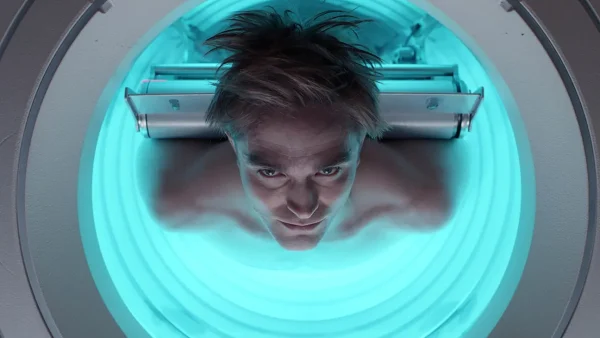Vaping made legal in utah high school classrooms and campuses?
Why do clickbait titles work?
The natural curiosity of the mind intrigues the reader to CLICK on the title therefore BAITING the audience with buzzwords, that peak curiosity and draw attention.
Clickbaiting isn’t always a bad thing. Although people like youtubers or bloggers use it for views, when used correctly it can be used to sum up a good article or video. When it catches the attention of a reader and gets them to click and gain knowledge about important situations and issues, it can be a good thing.
A typical example of clickbait is when you’re scrolling through youtube and it says something like “MY DOG TRIED TO EAT MY CAT”, you click on the video watch it for a couple of seconds or minutes and realize that the dog did not try to eat the cat but simply lick the cat. And because you watched the majority of the video, you got counted as a view, and the youtuber won this battle. Another example could be you’re scrolling through social media and you see a link to an article titled “15 reasons your dog doesn’t like your cat”, and of course you’re intrigued to know why your dog doesn’t like your cat so you click on it. The next thing you know you’re at an ad selling dog and cat vitamins, and also the website just got a click. Once again the creator of the clickbait wins.
Curiosity is what makes you want to open the link. Your brain is thinking, “what if that dog really did eat the cat” or “what if I can find out the reason my dog doesn’t like my cat”, so of course to solve these questions even if you know that the article is clickbait the curiosity gets the best of you and you click on the link.
Using enticing words to spice the reader’s appetite for what’s inside of the title is how a lot of clickbait titles work. When interesting words are being used that most people can barely understand, it peaks their curiosity. They want to know what’s going on!






